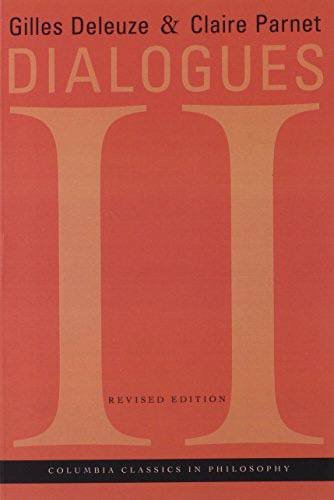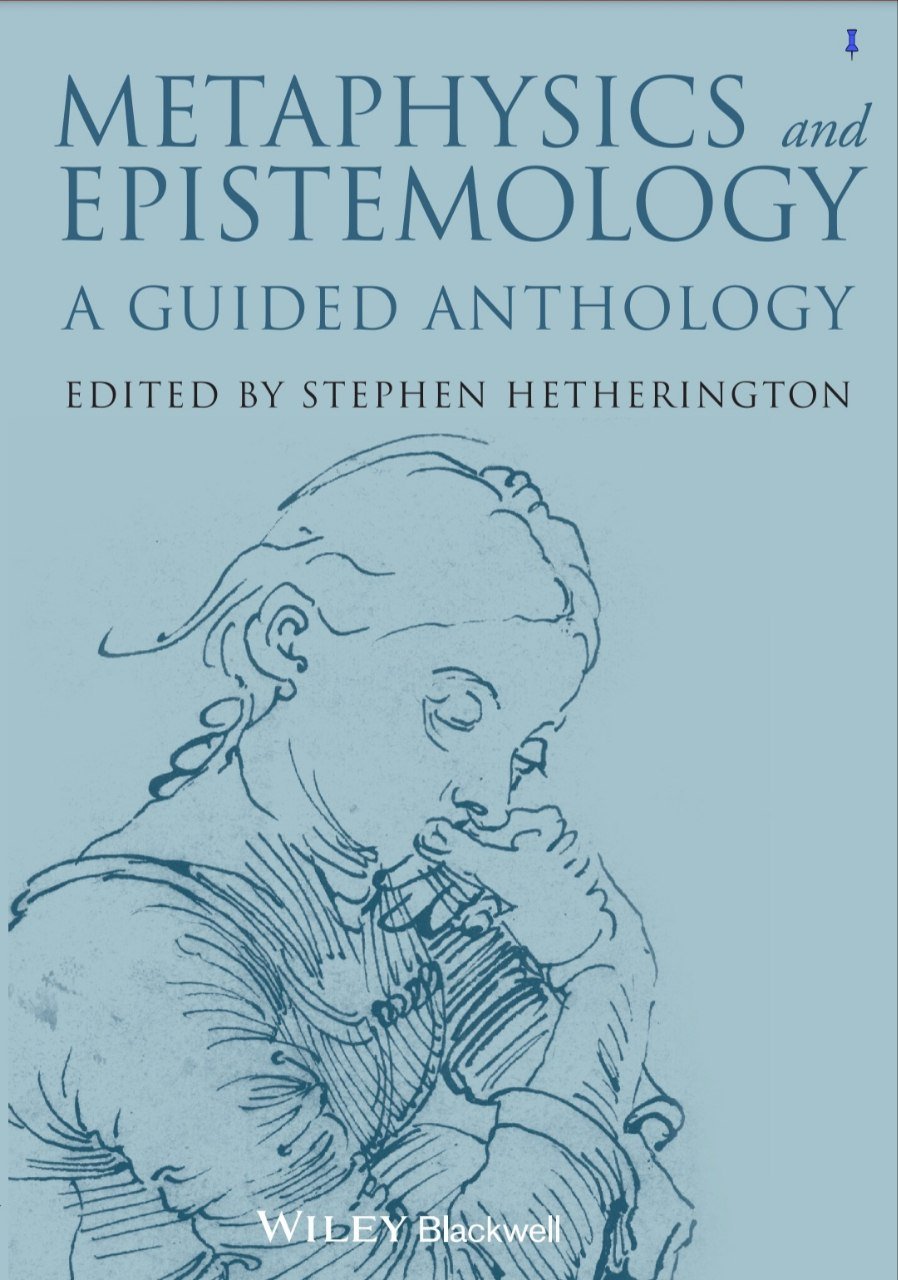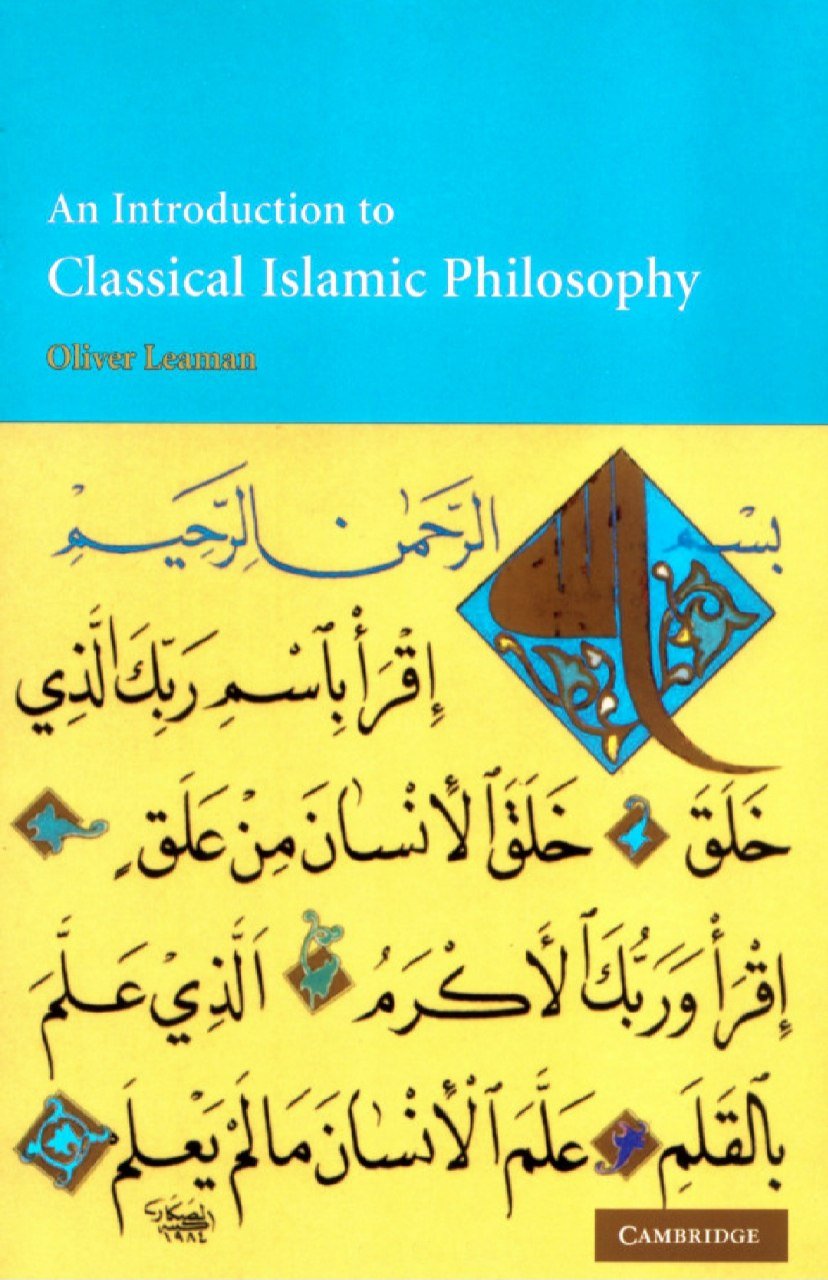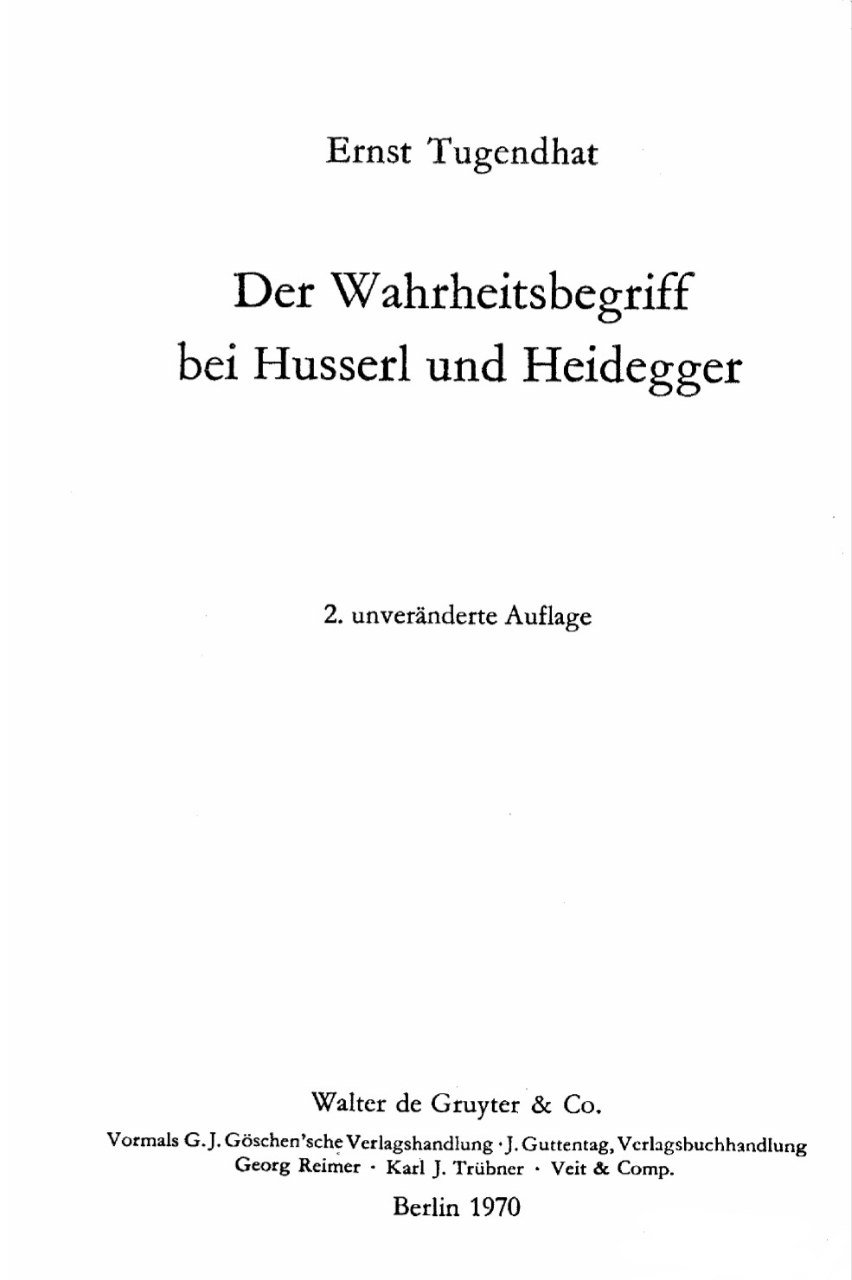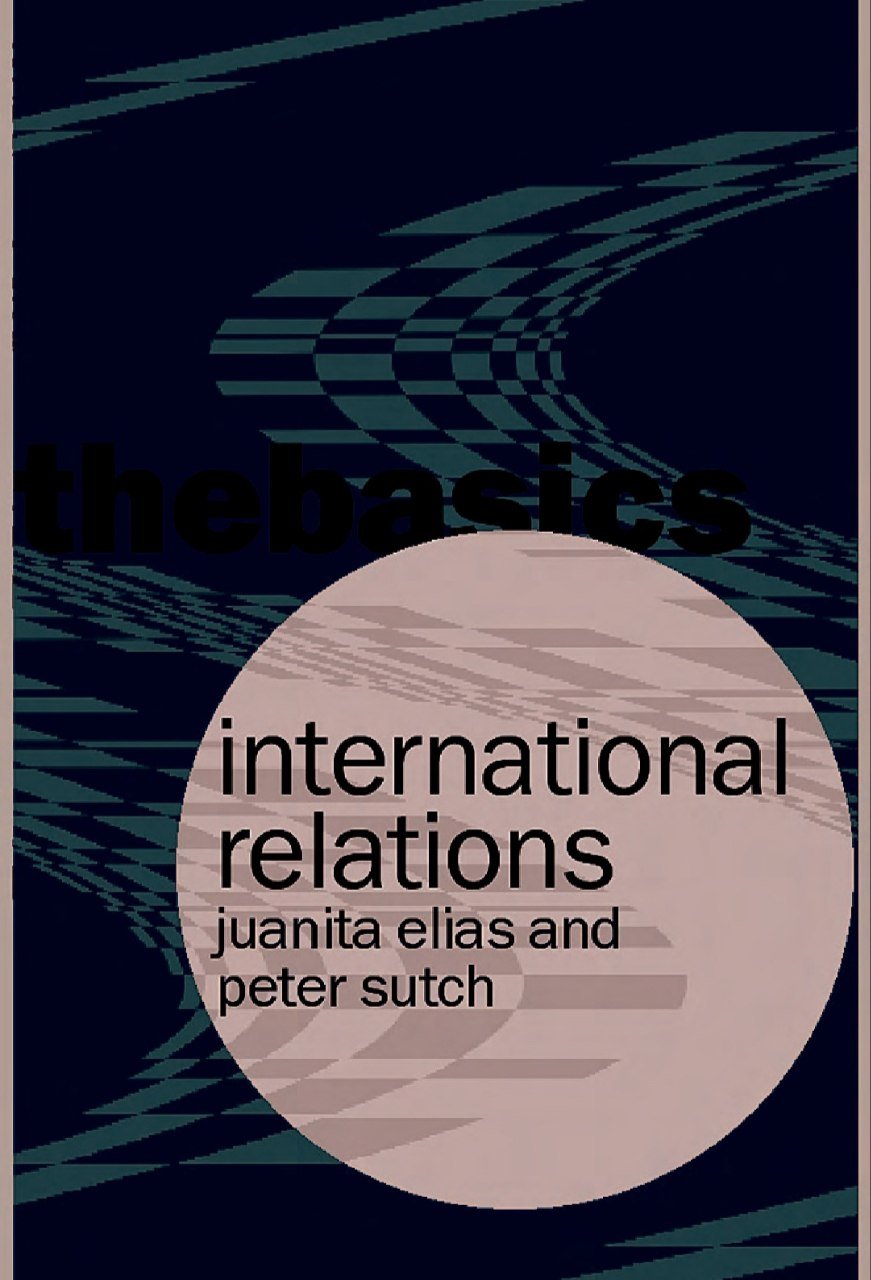

The Yogācāra Idealism by A.K. Chatterjee
Reviews
No review yet. Be the first to review this book!
Description
The Yogācāra Idealism – A.K. Chatterjee (1999) A.K. Chatterjee’s The Yogācāra Idealism is a comprehensive study of Yogācāra Buddhism, one of the most influential schools of Mahāyāna Buddhist philosophy, which emphasizes consciousness as the sole reality. The book systematically explores the epistemological, metaphysical, and psychological dimensions of Yogācāra thought, delving into its core principles, historical development, and impact on later Buddhist traditions. Chatterjee provides an in-depth analysis of key Yogācāra doctrines, such as the concept of Vijñapti-mātratā (consciousness-only), which asserts that the external world is merely a projection of the mind, and the Ālaya-vijñāna (storehouse consciousness), which serves as the repository of karmic imprints and conditions future experiences. The book also examines the Three Natures (trisvabhāva)—imagined, dependent, and perfected—offering a framework for understanding how ignorance leads to illusion and how wisdom leads to enlightenment. With a comparative approach, Chatterjee discusses Yogācāra’s relationship with other Buddhist schools, particularly Madhyamaka, as well as its parallels with Western idealism and phenomenology. He also highlights the practical implications of Yogācāra philosophy, particularly in meditation and the path to liberation. A scholarly yet accessible work, The Yogācāra Idealism is an essential resource for students of Buddhist philosophy, South Asian thought, and comparative philosophy, providing a deep insight into one of Buddhism’s most profound and transformative traditions.




















.png)



.jpeg)










.jpg)





.jpeg)
.jpg)



.jpg)














.jpg)







.jpg)




.jpeg)



.jpeg)

.jpg)



.jpg)


.jpg)
.jpeg)




